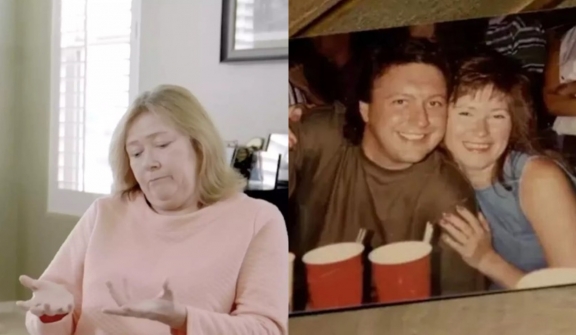
In a shocking turn of events, a woman discovered that her late husband's body, donated to science, was used in military experiments.
Her late husband's body was reported to have undergone complete mutilation and desecration, leaving her devastated.
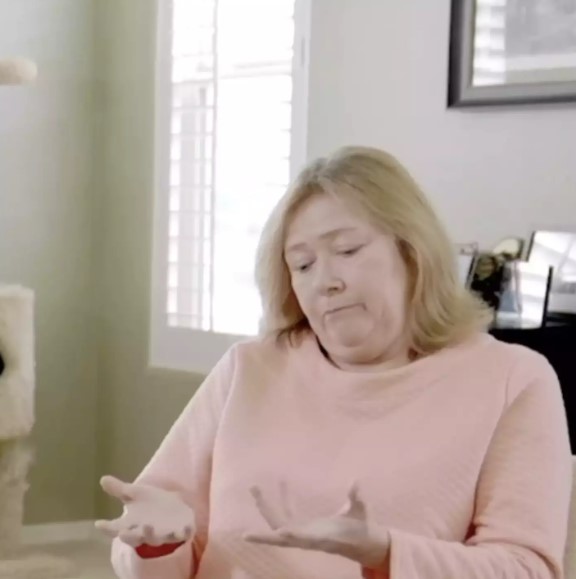
The incident unfolded following her husband's death from cirrhosis.
The deceased, identified as Steve Hansen, had always expressed his desire to donate his organs after his death.
Regrettably, his request was denied.
The reason why was determined to be that he passed away in 2012 due to cirrhosis of the liver. At this time, the doctor said that his organs were deemed unfit for donation.
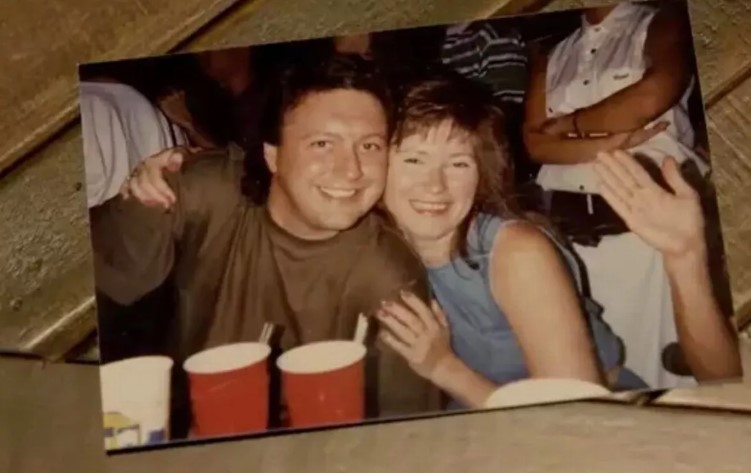
Hospice workers then suggested to his wife, Jill, that she could donate his body to science. Jill envisioned Steve's body being used in a medical facility, providing valuable insights into the effects of alcoholism on the human body.
Steve's body was transported to the Biological Research Center (BRC) in Arizona. However, Jill, his wife, was unaware of this incident.

Steve Hansen's body was reported to have been sold the Department of Defense by BRC founder Stephen Gore
It was used in a series of military and ballistics tests, which resulted in the complete mutilation and desecration of Steve's body. Jill was devastated when she learned that her husband's body had been used as a crash test dummy in a simulated Humvee explosion.
In the interview with CBS, she painfully recounted the incident: "They told me specifically that my husband had been used as a crash test dummy in a simulated Humvee explosion."
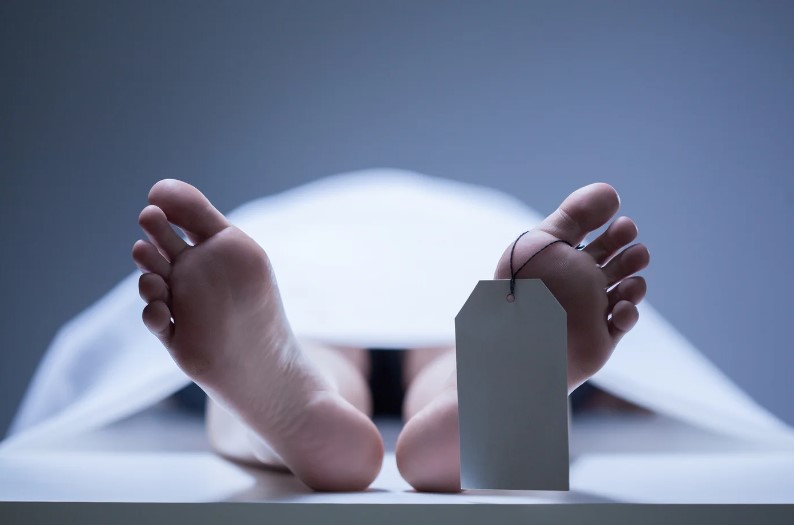
She added: "I was devastated. I would've never done it if I had known. I just kept telling him I was sorry."
The FBI raided Gore’s warehouse in 2014, exposing the disturbing and graphic sights within. Gore was sentenced to a year in prison with four years on parole. FBI Special Agent Paul Micah Johnson believes that while the body donation industry is vital for scientific research, there's a lot of work left to do to regain public trust.
After the incident, Johnson, who has been investigating body donation for around a decade, found that the body donation industry is vital for scientific research.
He said: "It would be nice if there was one playbook for everyone.
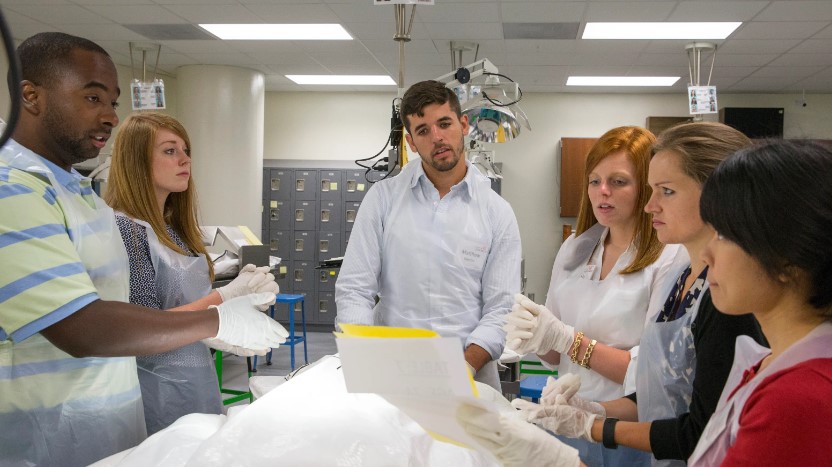
"And so that would ideally be federal and it would cover everyone that deals with human body parts — for-profit, non-profit, all of them under one set of rules."
However, Jill's story serves as a stark reminder of the need for transparency and regulation in the body donation industry.
It underscores the importance of ensuring that the final wishes of the deceased and the expectations of their loved ones are respected and fulfilled in a dignified manner.
As the report shows, each year, 20,000 people in the US decide to donate their bodies to science for research and education.
However, despite 47 out of 50 states regulating body and organ donation through the Uniform Anatomical Gift Act. There exists a vast gray and black market of dead human bodies.




